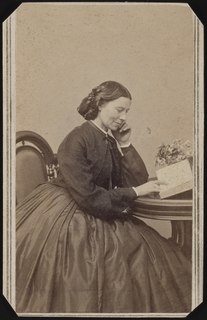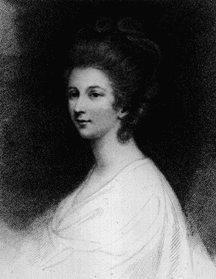A Quote by Charles Spurgeon
Never be afraid of the world's censure; it's praise is much more to be dreaded.
Related Quotes
Criticism can never instruct or benefit you. Its chief effect is that of a telegram with dubious news. Praise leaves no glow behind, for it is a writer's habit to remember nothing good of himself. I have usually forgotten those who have admired my work, and seldom anyone who disliked it. Obviously, this is because praise is never enough and censure always too much.
I have never worked for fame or praise, and shall not feel their loss as I otherwise would. I have never for a moment lost sight of the humble life I was born to, its small environments, and the consequently little right I had to expect much of myself, and shall have the less to censure, or upbraid myself with for the failures I must see myself make.
Lancelot: Morgaine, Morgaine - kinswoman, I have never seen you weep. Morgaine: Are you like so many men, afraid of a woman's tears? (...) Lancelot: No (...) it makes them seem so much more real, so much more vulnerable - women who never weep frighten me, because I know they are stronger than I, and I am always a little afraid of what they will do.
We're just afraid, period. Our fear is free-floating. We're afraid this isn't the right relationship or we're afraid it is. We're afraid they won't like us or we're afraid they will. We're afraid of failure or we're afraid of success. We're afraid of dying young or we're afraid of growing old. We're more afraid of life than we are of death.



































